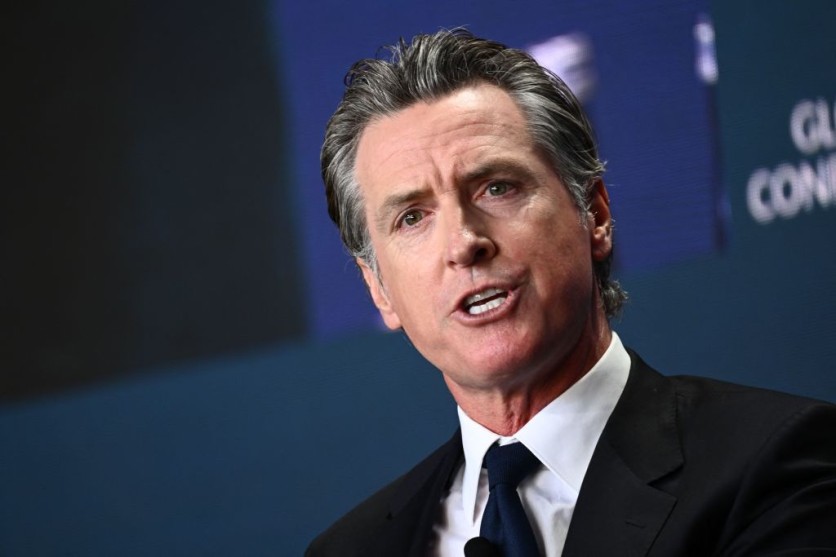In a decisive move, Governor Newsom signed a new bill into law on Sunday. This legislation establishes accountability for major social media platforms, including Instagram under Facebook's ownership and TikTok, in addressing the issue of child sexual abuse material distribution.

Signing AB 1394
Governor Gavin Newsom of California has officially signed AB 1394 into law. This legislation takes aim at web services that knowingly facilitate, aid, or abet in the commercial sexual exploitation of minors. Approved by California's legislature in late September, this law is slated to come into force on January 1, 2025.
It introduces a set of new rules and responsibilities, compelling social media platforms to take more rigorous measures against the distribution of child sexual abuse material. Moreover, it imposes penalties on platforms that fail to promptly remove reported content that breaches these guidelines.
In a broader context, the law broadens the definition of "aiding or abetting" to encompass actions such as deploying features or designs that significantly contribute to minors becoming victims of commercial sexual exploitation. To mitigate their potential liabilities, web services are encouraged to conduct regular system audits.
Contained within AB 1394 is a critical provision that obliges social media platforms to provide California users with a mechanism for reporting instances where they appear in child sexual exploitation material. These platforms are bound by a stringent requirement to address these reports within a precise window of 36 hours.
Failure to adhere to specific criteria, including the permanent removal of access to such content, may also render them liable to legal consequences. The approval of this bill marks a substantial victory for advocates dedicated to child safety, who had steadfastly championed its adoption.
Receiving Gratitude from Supporters
The LA Times reported that assembly member Buffy Wicks (D-Oakland), along with supporters of child safety, conveyed their gratitude for Governor Newsom's choice to endorse this legislation.
Wicks hailed the signing of the bill as a testament to California's commitment to safeguarding vulnerable individuals and delivering a clear message to both other states and tech platforms. This message underscores that the exploitation of children through internet channels will face consequences.
Nonprofit organization Common Sense Media devoted to advocating for the online safety of children, highlighted the detrimental impact of social media companies' limited self-regulation in handling child sexual abuse materials. They emphasized the resulting harm inflicted on young people and their families.
Jim Steyer, the founder and chief executive of Common Sense Media and a co-sponsor of the bill, emphasized that while more work remains to hold social media platforms accountable for the harm they cause to children, teenagers, and their families, the signing of AB 1394 represents a significant step in the right direction.
The bill draws its inspiration from a range of sources, including whistleblower complaints that Facebook had inadequately addressed child abuse incidents on its platform and a 2022 Forbes article that alleged TikTok Live had transformed into a problematic space where adults could potentially target teenage users.
However, The Verge reported that similar to various other online regulations, it raises pertinent questions about unintended consequences.
These concerns encompass scenarios where platforms might choose to under-enforce rules to avoid knowingly encountering illegal material or conversely, opt to over-enforce them, potentially resulting in the removal of harmless content.
Related Article : California Takes Initiative to Examine Risks, Benefits of Generative AI

ⓒ 2026 TECHTIMES.com All rights reserved. Do not reproduce without permission.




